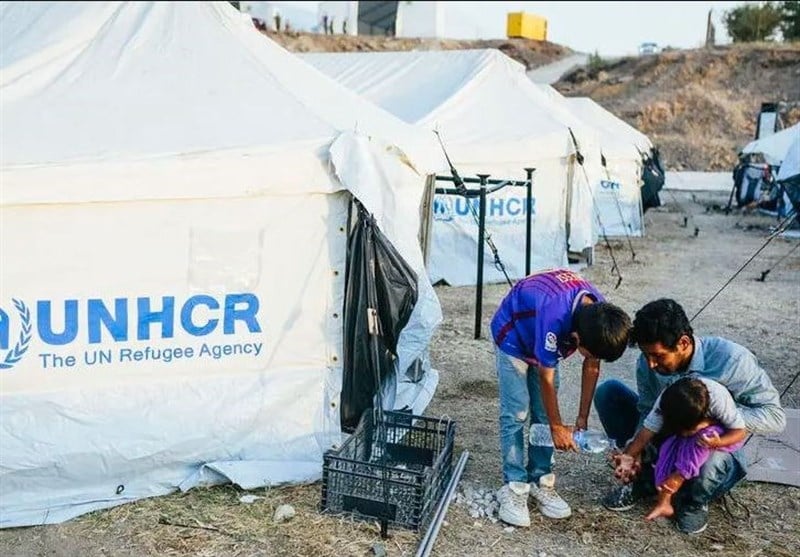The United Nations Refugee Agency (UNHCR) reported on Thursday that the number of people forcibly displaced reached a record 117.3 million by the end of last year, with the potential for this figure to rise further without significant global political changes.
“These are refugees, asylum seekers, internally displaced people, people being forced away by conflict, by persecution, by different and increasingly complex forms of violence,” said Filippo Grandi, the UN High Commissioner for Refugees.
The UNHCR's report on global trends in forced displacement highlights a consistent yearly increase over the past 12 years. It estimates that forced displacement has continued to rise in the first four months of 2024, likely exceeding 120 million by the end of April. Grandi emphasized that without a shift in international geopolitics, the number of displaced people is expected to continue increasing due to the ongoing risk of new conflicts.
One significant driver of displacement is the war in Sudan, described by Grandi as “one of the most catastrophic” despite receiving less global attention. Over 9 million people have been internally displaced, with an additional 2 million fleeing to neighboring countries such as Chad, Egypt, and South Sudan. Chad, in particular, has seen a daily influx of hundreds seeking safety.
In Gaza, Israel’s bombardment and ground campaign have led to around 1.7 million people, nearly 80 percent of the Palestinian enclave’s population, becoming internally displaced, many multiple times. Grandi warned that potential crossings of Gazans into Egypt from the southern border town of Rafah to escape Israel’s military offensive would result in another catastrophic refugee crisis. He expressed concerns about the long-term impact, including the uncertainty of Gazans being able to return to their homes.
“These are refugees, asylum seekers, internally displaced people, people being forced away by conflict, by persecution, by different and increasingly complex forms of violence,” said Filippo Grandi, the UN High Commissioner for Refugees.
The UNHCR's report on global trends in forced displacement highlights a consistent yearly increase over the past 12 years. It estimates that forced displacement has continued to rise in the first four months of 2024, likely exceeding 120 million by the end of April. Grandi emphasized that without a shift in international geopolitics, the number of displaced people is expected to continue increasing due to the ongoing risk of new conflicts.
One significant driver of displacement is the war in Sudan, described by Grandi as “one of the most catastrophic” despite receiving less global attention. Over 9 million people have been internally displaced, with an additional 2 million fleeing to neighboring countries such as Chad, Egypt, and South Sudan. Chad, in particular, has seen a daily influx of hundreds seeking safety.
In Gaza, Israel’s bombardment and ground campaign have led to around 1.7 million people, nearly 80 percent of the Palestinian enclave’s population, becoming internally displaced, many multiple times. Grandi warned that potential crossings of Gazans into Egypt from the southern border town of Rafah to escape Israel’s military offensive would result in another catastrophic refugee crisis. He expressed concerns about the long-term impact, including the uncertainty of Gazans being able to return to their homes.


















